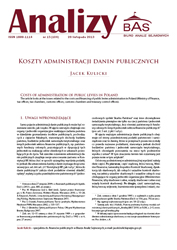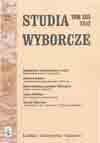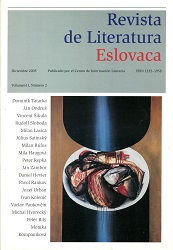Provisional Results of Population and Housing Census of October 2011 Romania has a Usual Resident Population of 19 Millions Only
Rezultatele provizorii ale recensământului populaţiei şi al locuinţelor din octombrie 2011 România are doar 19 milioane de locuitori
Keywords: population and housing census; provisional results; usual resident population; population decline; components of population change by county; ethnic structure of population
Recently published provisional results of Romanian Population and Housing Census of October 2011 uphold the downward trends of population by ceaseless natural decrease and, mainly, by external migration. Following the EC recommended definition of the place of usual residence, at the time of census, persons living or expected to live outside the place of enumeration for one year or more were not considered temporarily absent and have been therefore excluded from the total population. By consequence, 2.2 millions of Romanians being abroad for more than 12 months have not been included in country’s usual resident population. Adding a natural decrease of 400 thousand persons, Romania’s population at the census of October 2011 was 19 million only, comparing with 21.7 million at the previous population census in 2002. This change of population number is further decomposed, at county (judet) level, into three components: natural increase, net internal migration and net external migration. Strong differences can be identified and explanation is not enough relevant by available data. Decrease of population of main cities is presented. The structure of population by main ethnical groups preserves the previous canvas but an increase of Roma population is recorded.
More...


